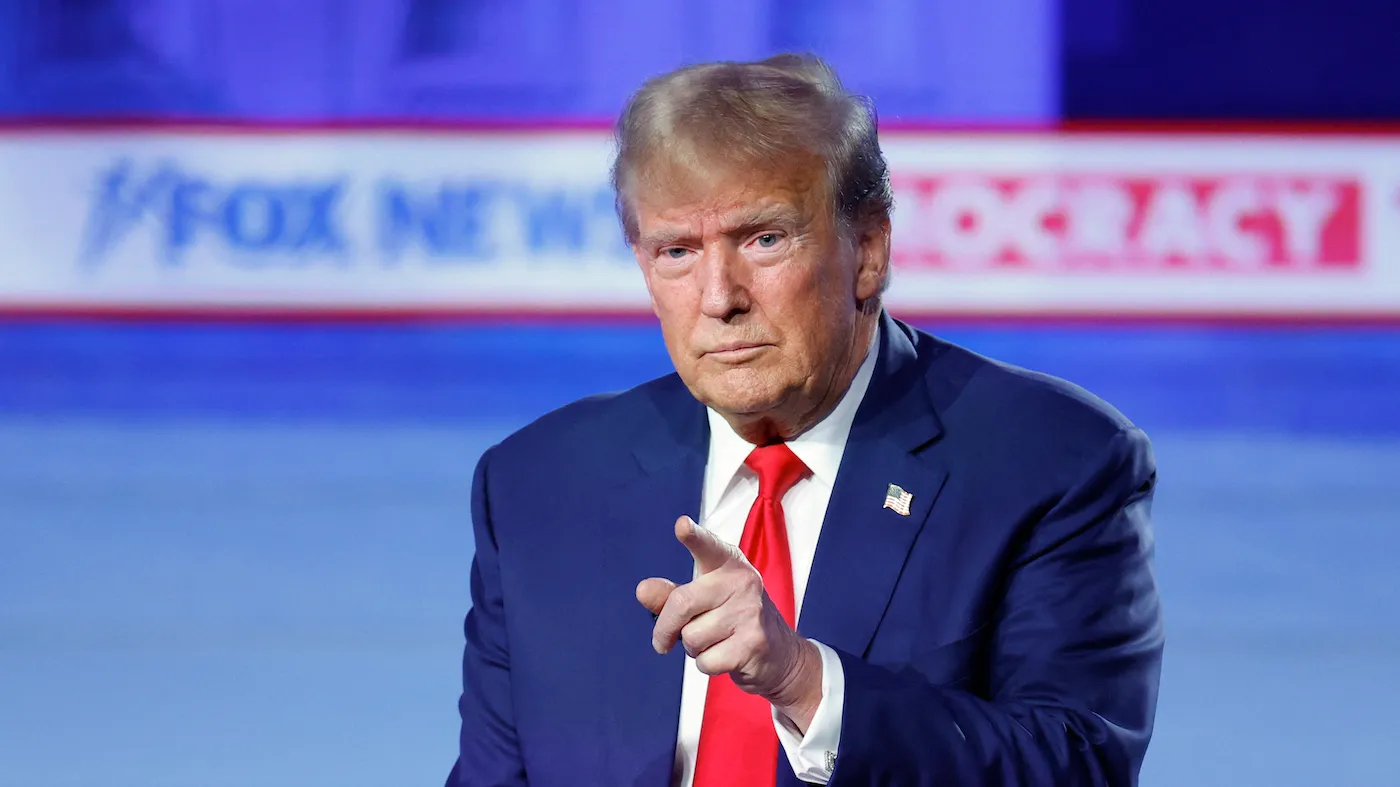Former President Donald Trump is a fervent supporter of tariffs, advocating for protectionist policies, which he sees as crucial to his campaign. However, despite his enthusiasm for tariffs, Trump demonstrates a lack of understanding regarding their function and impact.
In a recent interview with Time magazine, he proposed imposing a potential 10% tariff on all imports, suggesting the actual rate could be even higher. Trump’s belief that tariffs primarily burden exporting countries rather than American consumers reveals a fundamental misunderstanding of their economic repercussions.
Contrary to Trump’s assertions, tariffs are paid by importers upon entry into the U.S., leading to increased costs for businesses and, ultimately, higher prices for consumers. When questioned about potential inflation resulting from tariff hikes, Trump evaded the issue and instead emphasized a flawed notion that domestic production would offset the need for imported goods. However, this overlooks the reality that increased domestic production costs would also be passed on to consumers, exacerbating inflationary pressures.

Despite Trump’s misinformed stance on tariffs, public polling indicates a surprising level of trust in his ability to address inflation and the cost of living. In contrast to President Joe Biden, Trump holds a considerable lead among registered voters on these economic issues. This discrepancy between Trump’s understanding of economic principles and public perception underscores the challenge of conveying complex economic concepts to voters.
Economists widely agree that Trump’s proposed economic policies, including tariffs and other initiatives, would likely fuel inflation and escalate costs. Nonetheless, Trump remains steadfast in his advocacy for these policies, dismissing evidence to the contrary. Biden and other Democrats have begun to counter Trump’s economic narrative, emphasizing the potential adverse effects of his policies on ordinary Americans.
In crafting their messaging, Democrats aim to expose the flaws in Trump’s economic agenda, highlighting the role of corporate greed and tax policies in exacerbating economic challenges. However, their efforts to sway public opinion may be limited in mitigating the potential damage Trump’s policies could inflict. Despite the mounting evidence against his ideas, Trump remains unwavering, posing a formidable challenge to those seeking to counter his influence on economic policy.


